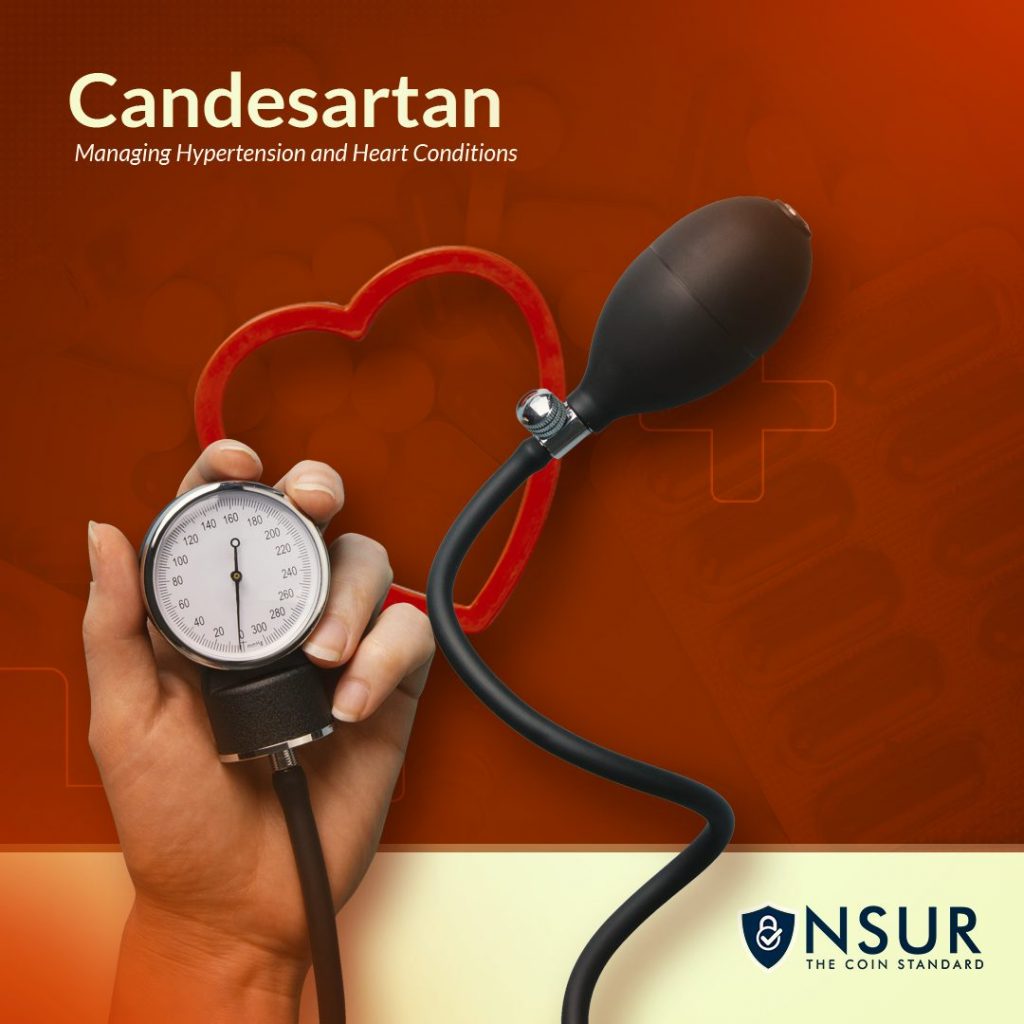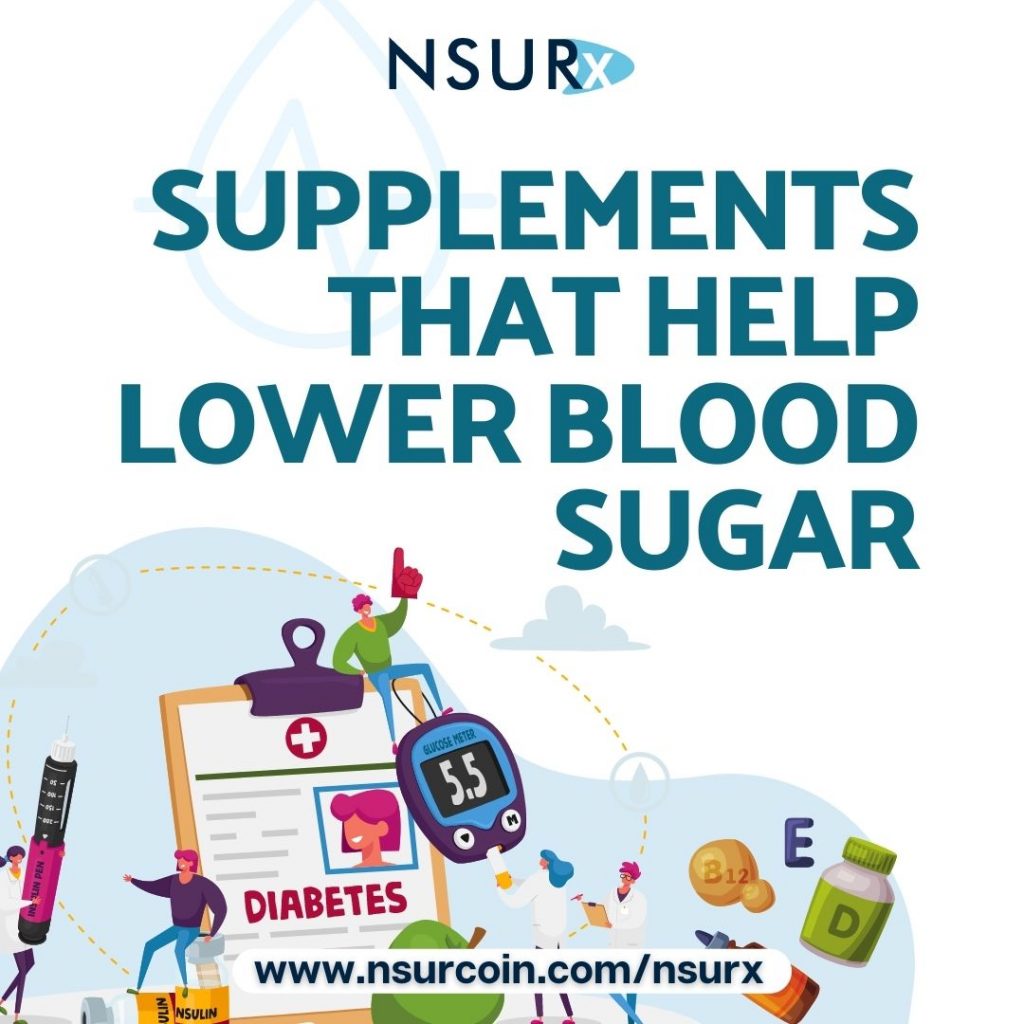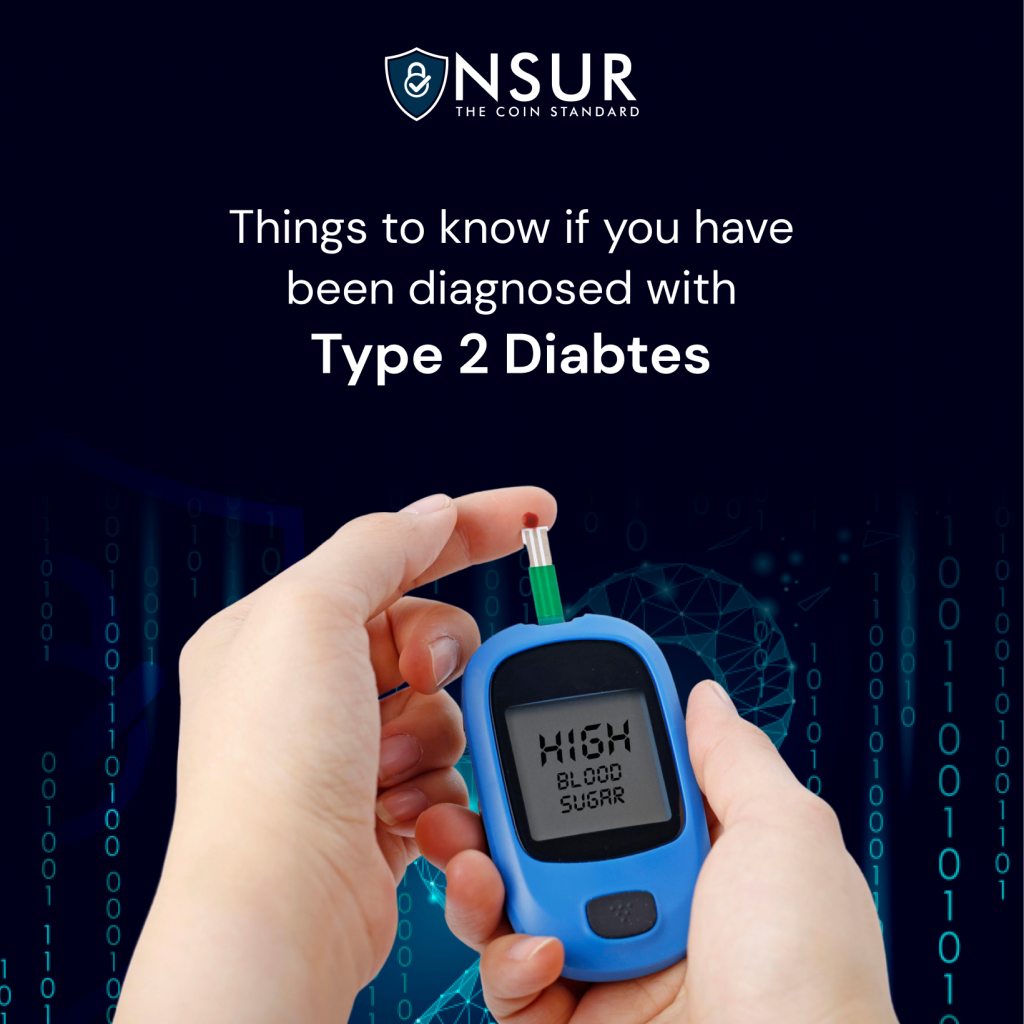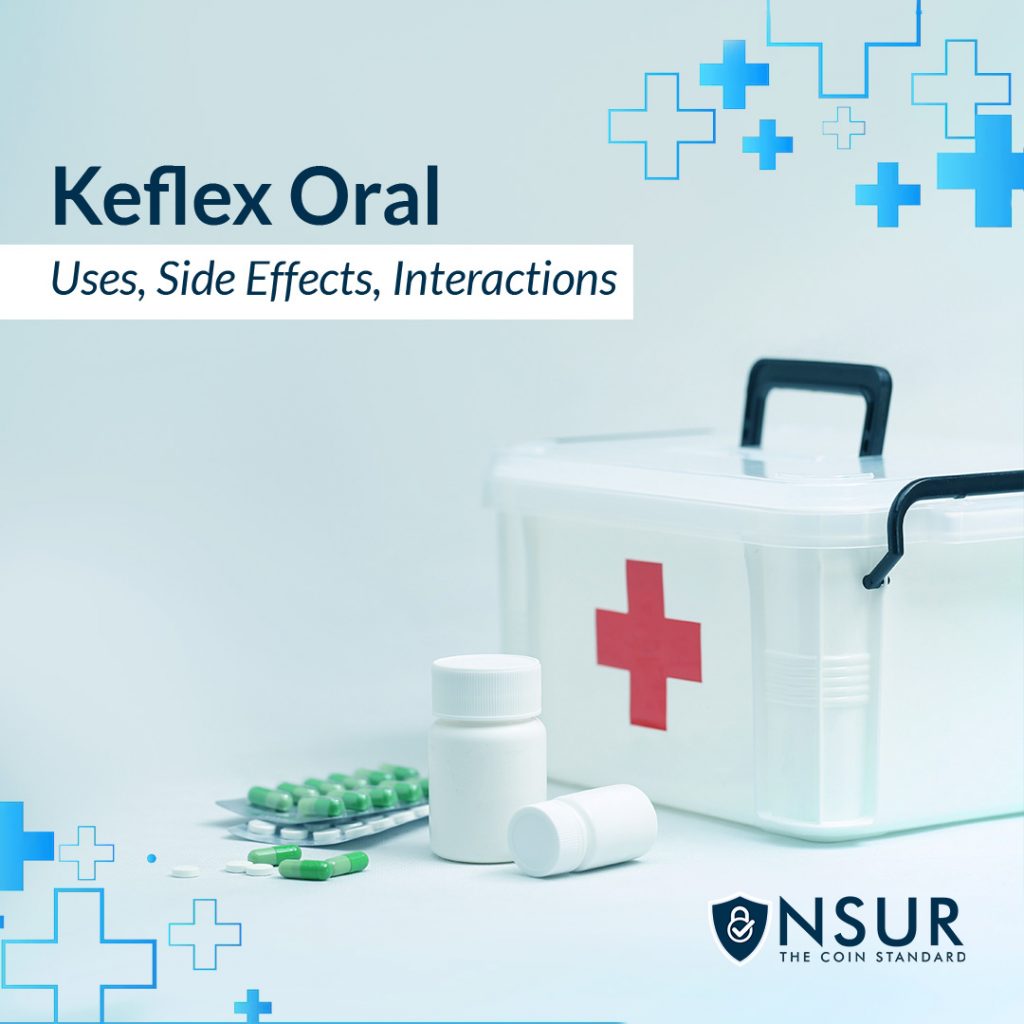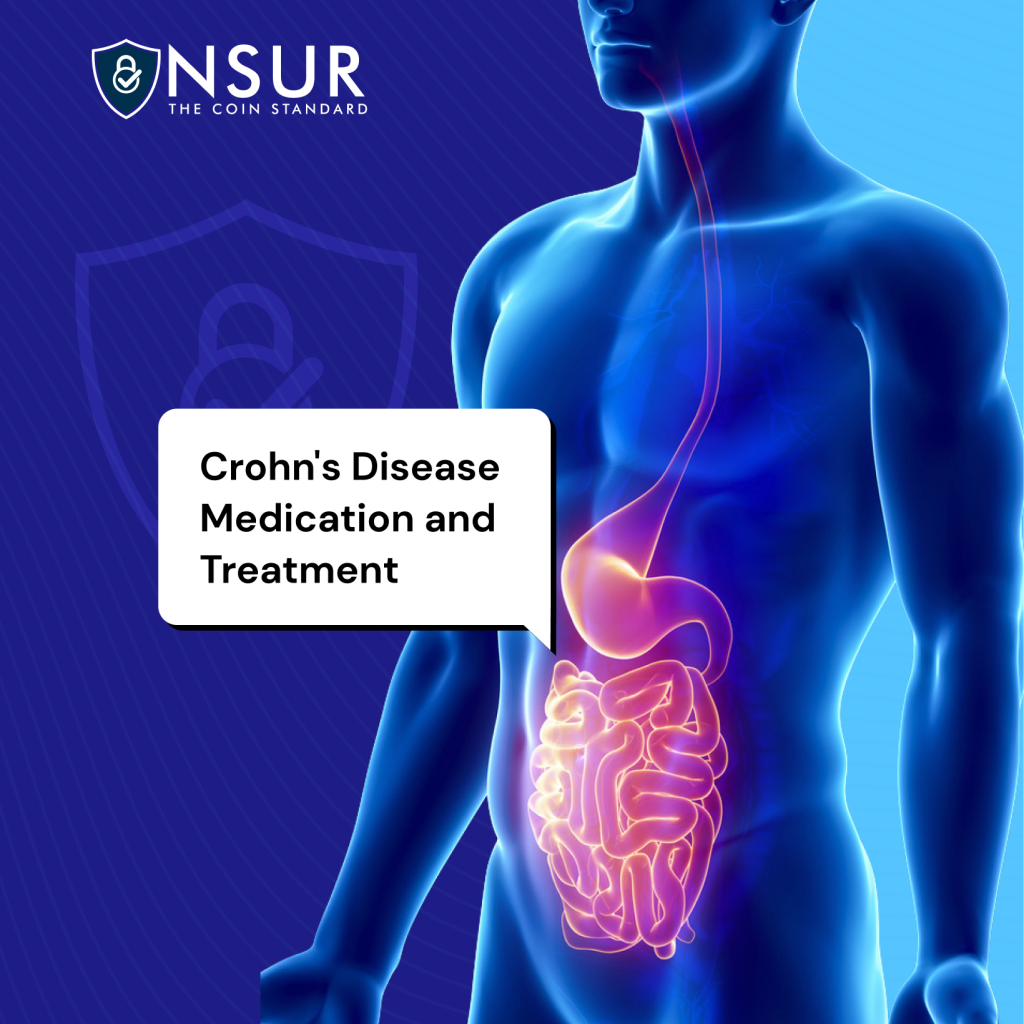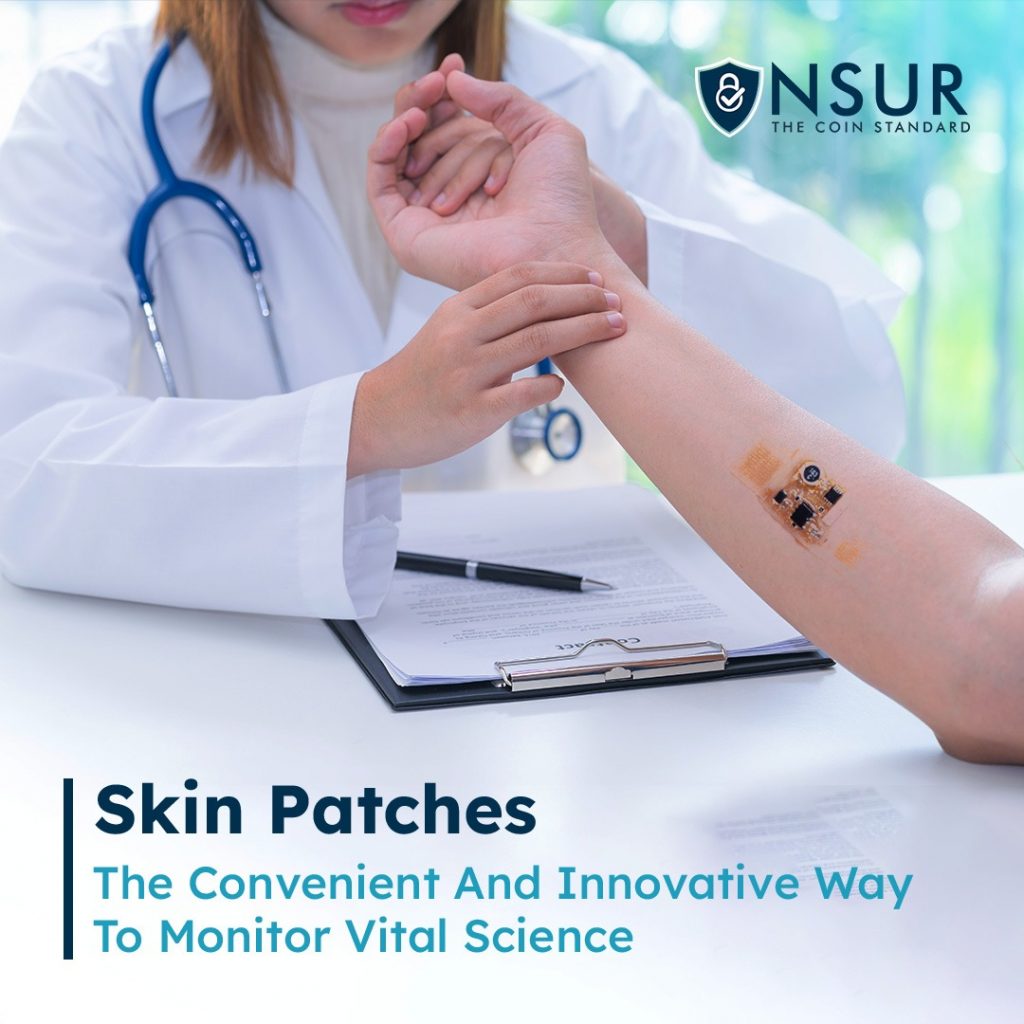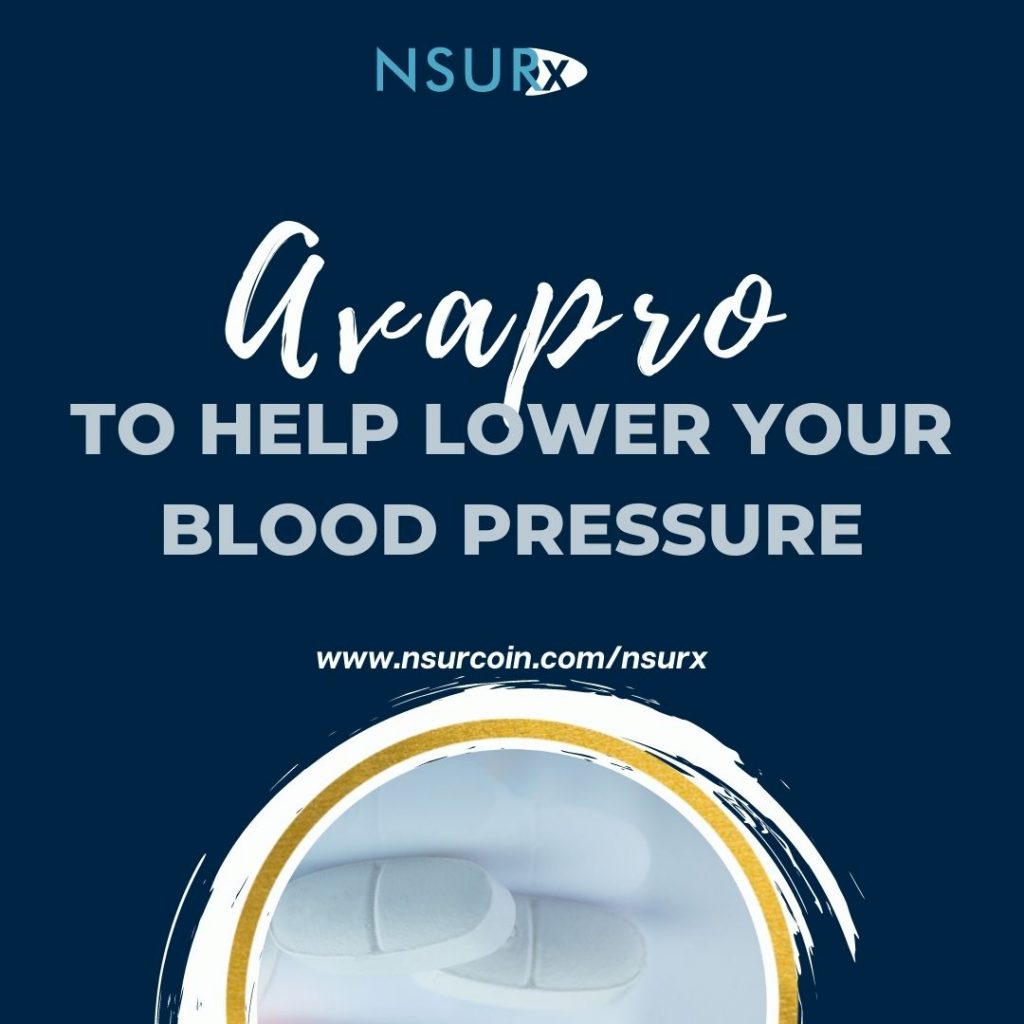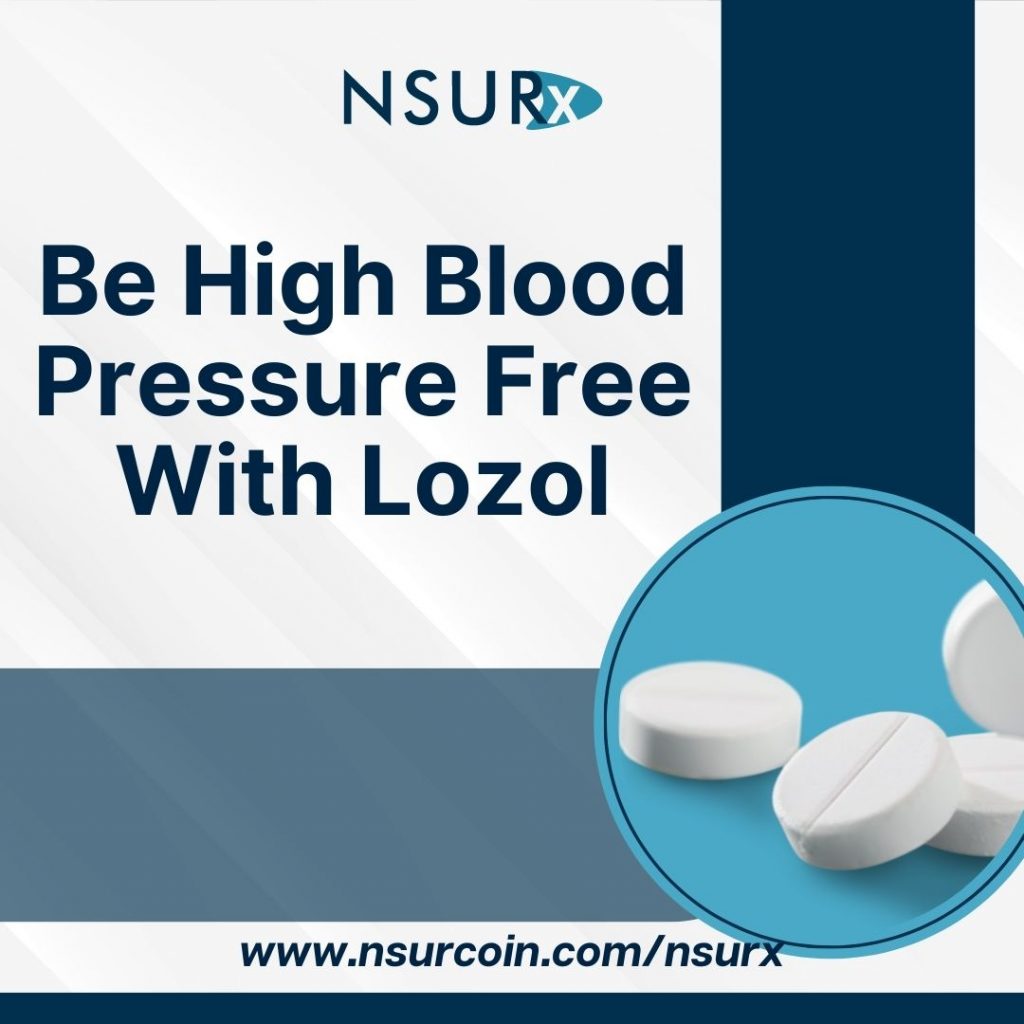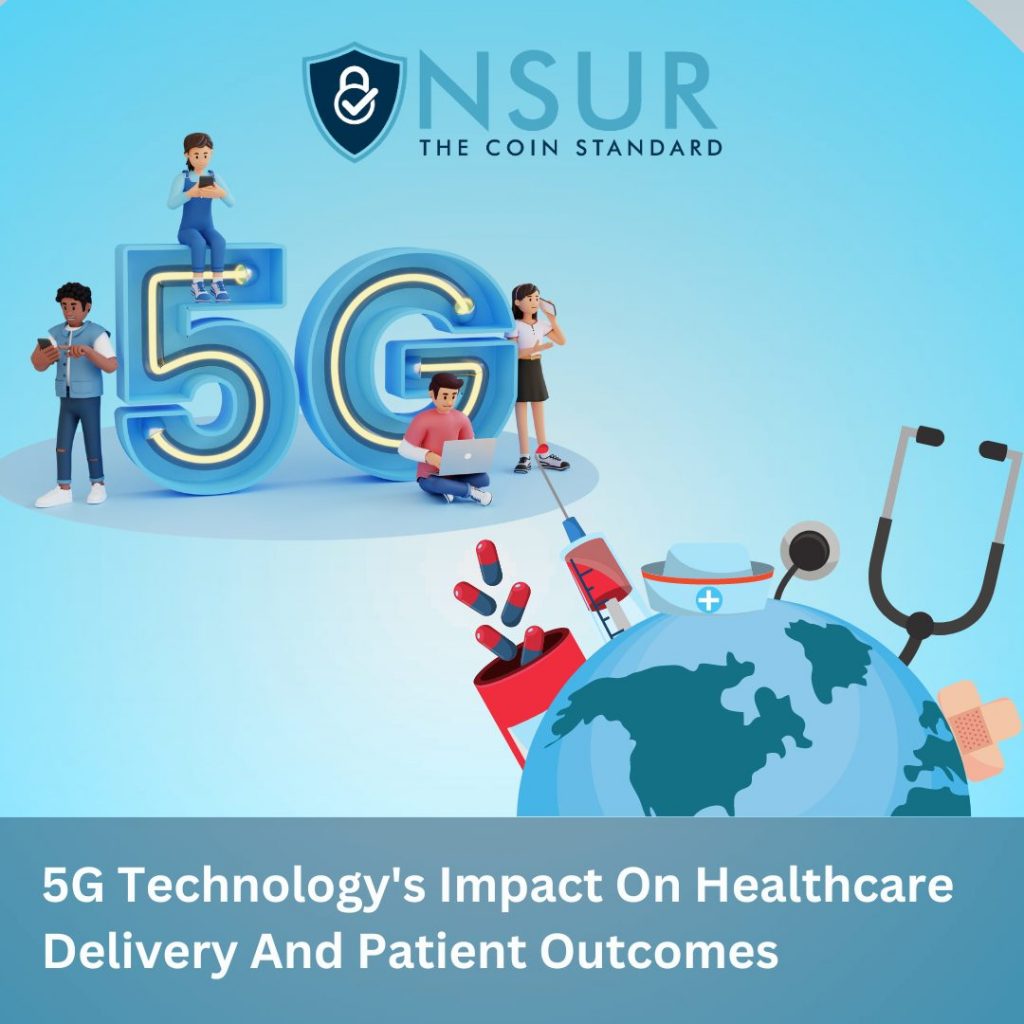
The introduction of new technologies is changing the dimensions of service delivery in all types of industries in a variety of ways around the world. The introduction of 5G technology is booming and is likely to transform the healthcare business, bringing with it a slew of advantages that will assist to increase the quality and accessibility of healthcare services. 5G networks have the potential to create an intelligent healthcare ecosystem. A secure central network allows patients, doctors, hospitals, laboratories, and ambulances to exchange real-time information seamlessly. It is expected that the development of doctor-friendly solutions will facilitate the adoption of technology in the future, resulting in an improved healthcare delivery system and improved results for patients. In this article, we will look at the future of the healthcare industry and the potential impact of 5G technology in healthcare delivery and patient outcomes.
What is 5G Technology?
5G is the fifth generation of wireless technology, and it is expected that this technology will provide peak data speeds of multiple gigabits per second, ultra-low latency, increased reliability, increased capacity, connectivity, and expanded availability. This technology has the potential to revolutionize the healthcare business by allowing healthcare practitioners to transmit and receive massive amounts of data in real-time, allowing for faster and more accurate diagnosis and treatment.
How will 5G Impact Healthcare Delivery?
The widespread implementation of 5G technology will result in a variety of advantages for healthcare services. Because of the enhanced speed and connectivity of 5G, healthcare professionals will be able to access and share more data quickly, boosting the efficiency and accuracy of healthcare services. There have been recent improvements in telemedicine in the form of online consultations, health monitoring, remote procedures, and other applications. In addition to making healthcare more affordable, it also enables people to receive healthcare from the comfort of their home. In the healthcare industry as a whole, 5G can open up new opportunities, enhance access to healthcare for all, and improve the standard of medical care as well as patient outcomes.
Advantages of 5G Technology for Patient Outcomes.
Every technology comes with numerous advantages, and the future of healthcare looks bright with the implementation of 5G technology in the medical sector. With its vast potential, networks powered by 5G are poised to revolutionize healthcare delivery, resulting in better patient outcomes and more efficient healthcare services.
One of the most notable advantages of 5G technology is its ability to enable telemedicine, allowing patients to have real-time video consultations with healthcare practitioners regardless of their location. This might be a game changer for people living in remote or underdeveloped areas, making it easier than ever to get the medical treatment they require.
Another advantage of 5G networks is real-time remote patient monitoring, which allows healthcare providers to remotely monitor a patient’s vital signs and health data. This can result in earlier interventions, fewer hospital readmissions, and overall better patient outcomes.
Can you imagine what surgical operations would be like in the future? 5G networks can support augmented and virtual reality, allowing healthcare practitioners to perform new types of surgical procedures in novel ways, as well as deliver more engaging and interactive education and training programs. Furthermore, 5G networks may speed up the quick transfer of large amounts of genetic and other data, resulting in more personalized and concentrated treatment plans, commonly known as “precision medicine.” Wearable gadgets that collect and transmit real-time health data to healthcare providers can help to give better preventative and individualized care.
Current Applications of 5G Technology in Healthcare
There are numerous trending applications of 5G technology in healthcare, including remote patient monitoring, virtual consultations, the usage of electronic health records (EHRs), hospital administration management, surgical robots, and so on. These applications are already improving healthcare delivery and patient outcomes significantly.
Future Possibilities for 5G Technology in Healthcare
There is no denying that 5G technology opens up a world of possibilities and it is expected to transform the healthcare industry in coming years.
Precision medicine, AI-driven diagnosis and treatment, and real-time monitoring and predictive analysis are some of the potential future applications of 5G technology in the healthcare sector.
Healthcare providers can develop more personalized treatment plans through precision medicine, make more accurate diagnoses and treatment decisions through AI-driven diagnosis and treatment, and continuously monitor patients through real-time monitoring and predictive analytics with the ability to collect and analyze vast amounts of data in real time. These breakthroughs can improve patient outcomes and revolutionize the healthcare business. Patients may expect increasingly personalized and effective care as healthcare organizations continue to adopt new technology, including 5G.
Conclusion
The adoption of 5G technology in healthcare can transform the sector, resulting in faster and more accurate diagnosis and treatment, greater access to healthcare services, and significant advances in healthcare delivery and patient outcomes. While there are still some technological challenges to overcome, such as concerns about cybersecurity, infrastructure limitations, and data interoperability, the impact of 5G technology on the healthcare industry could be game-changing, providing new types of treatments and improving patient outcomes for years to come. It is time for healthcare organizations to embrace this technology to adapt to the changing landscape of healthcare and ensure that their patients receive the best possible care.
